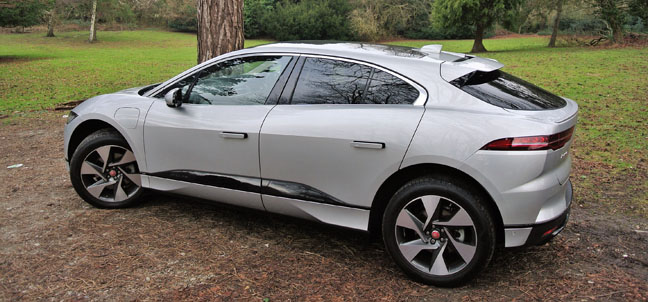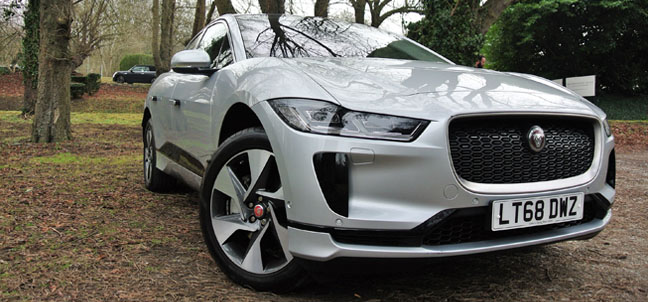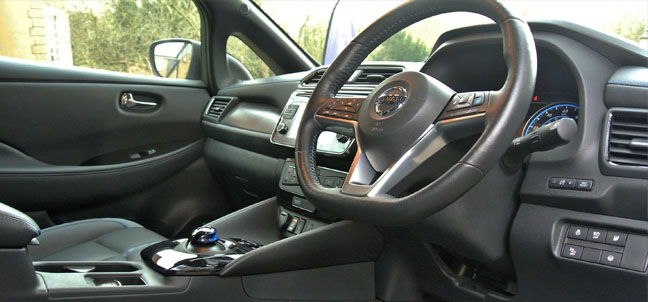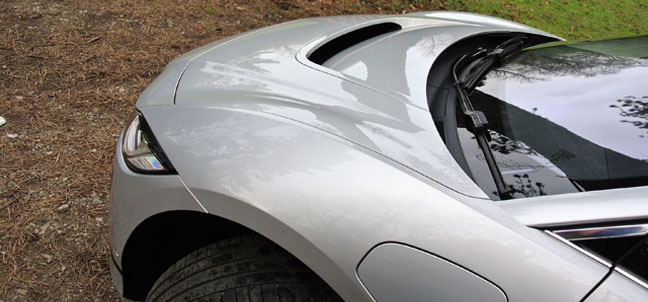Guaranteed to grab headlines in many sectors of the British-speaking media, Jaguar is spearheading a campaign for the Oxford English Dictionary (OED) and Oxford Dictionaries (OxfordDictionaries.com) to change their official online definitions of the word ‘car’. Ever since the company launched the I-PACE model, Jaguar’s all-electric, high-performance, high-riding, sporty coupe, which is both the 2019 World and European Car of the Year, it has perceived a growing problem with its dictionary definition. Strictly speaking, the zero-emission vehicle is not defined as a car.

The OED, the principal historical dictionary of the English language, defines a ‘car’ in its online dictionary as: ‘a road vehicle powered by a motor (usually an internal combustion engine) designed to carry a driver and a small number of passengers, and usually having two front and two rear wheels, esp. for private, commercial, or leisure use.’ Whereas the current, alternative definition of a ‘car’ on OxfordDictionaries.com, a collection of dictionary websites produced by Oxford University Press (OUP), the publishing house of the University of Oxford, is: ‘A road vehicle, typically with four wheels, powered by an internal combustion engine and able to carry a small number of people.’
To be fair, the OED is correct, although the online site might benefit from a refinement. To remedy the situation, Jaguar has submitted a formal application to the OED and OxfordDictionaries.com to have the definitions updated to include additional powertrains, including electric vehicles (EVs).

David Browne, head of Jaguar Land Rover’s naming committee, said: “A lot of time and thought is put into the naming of any new vehicle, or automotive technology, to ensure that it is consumer friendly, so it is surprising to find that the definition of the car is a little outdated. We are therefore inviting the Oxford English Dictionary and the Oxford Dictionaries to update its online classification to reflect the shift from traditional internal combustion engines towards more sustainable powertrains.”
The Oxford English Dictionary is widely regarded as the accepted authority on the English language. It is an unsurpassed guide to the meaning, history, and pronunciation of 600,000 words, past and present, from across the English-speaking world. In my personal view, OED’s definition is perfectly okay and Jaguar is playing semantics.

Jaguar unveiled the I-PACE, its first all-electric vehicle, last year, with the intention of delivering sustainable sports car performance, next-generation artificial intelligence (AI) technology and five-seat family car practicality. Featuring a state-of-the-art 90kWh lithium-ion battery pack, two Jaguar-designed motors and a bespoke aluminium structure, the I-PACE is capable of clocking 0-60mph in 4.5s, with a driving range of up to 292 miles (WLTP).

While both the Oxford English Dictionary and OxfordDictionaries.com review the application, Jaguar is encouraging people to get behind its campaign, by asking how the word ‘car’ should be defined. If you wish to get involved, contact Jaguar on Twitter, Facebook and Instagram, using #RedefineTheCar, with your thoughts.
